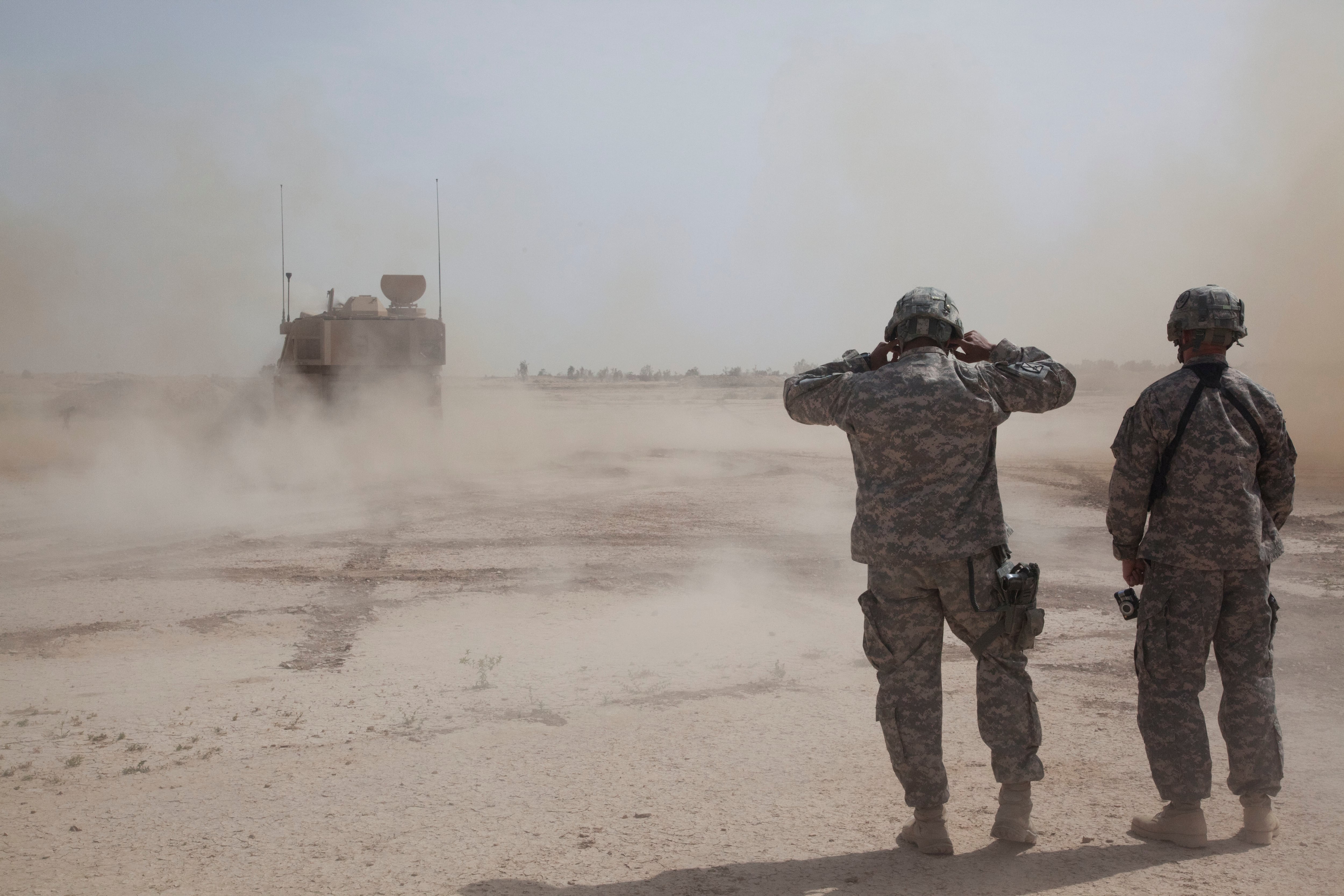War is bad for your health.
Serving in Iraq in 2003, I developed a respiratory disease that took more than a decade to properly diagnose. Many veterans I know have developed a variety of health problems as a result of war, including traumatic limb loss, other injuries due to combat exposures, and for many, diminished hearing.
The hearing loss issue has been front and center following media reports and a high-profile multidistrict litigation, or MDL, against 3M subsidiary Aearo Technologies, which sold its Combat Arms earplugs to the Department of Defense. Thousands of veterans who were issued the devices during their service say the earplugs were defective and resulted in hearing loss and tinnitus.
This MDL is one of the largest legal cases in history and after many years of negotiations, 3M decided to allow the subsidiary to file for bankruptcy and move the lawsuit into a different venue in hopes of reaching a conclusion while also shielding itself from future liability. 3M will also create a $1 billion trust fund to compensate veterans with hearing losses tied to those defective hearing protection devices.
Not surprisingly, some veterans are angry that 3M is able to use bankruptcy to protect themselves from endless litigation that could potentially destroy the entire company. I understand that disappointment and do not diminish their feelings.
RELATED

But in my mind, 3M isn’t the issue here.
Rather, the most important thing is finding the best outcome for affected veterans. Specifically, I’m focused on how veterans can be quickly compensated for hearing loss to ensure they can get on with their lives.
To me, the bankruptcy pathway would result in guaranteed and expedited payments. This is the best outcome. I am taking this position for a few reasons:
- As someone who pays close attention to public policies that impact veterans, I have seen my fair share of scandals, difficulties, and problems that seem to plague the Department of Defense, the Veterans Administration and military contractors. Worse, all too often, as these matters get sorted out, the veterans always get put at the back of the line. An adequate compensation fund would move the veterans to the front of the line in this matter.
- Lawsuits can be high risk and high reward but having won a lawsuit I can attest they can also be often painful, financially taxing, and mentally exhausting. Worse, they can leave you with no redress of grievances. I say this based on an unfortunate personal experience.
- Looking at the disability claims backlog, numbers of homeless veterans looking for benefits, and even the long overdue passage of the PACT Act, it is apparent that waiting long periods of time is the too often told story of how veterans receive benefits. Having worked and lobbied on so many veteran policy issues, timely solutions are, in my view, much more attractive for veterans.
- Consider the Enron scandal roughly 20 years ago, which resulted in a multi-year litigation process, culminating in awards that were largely absorbed by attorneys. In other words, I am concerned that veterans are being pushed to support multi-jurisdictional lawsuits against 3M by trial attorneys who see the possibility of making tens of millions of dollars from these massive judgements. These lawyers don’t worry how long it takes; they are willing to wait years to earn millions in fees.
Finally, I am not insinuating that the $1 billion compensation fund proposed by 3M is perfect. No amount of money would be fair when we are talking about legitimate claims of hearing loss or the terrible burden of tinnitus. Rather, I am saying the 3M compensation fund is the surest path to letting impacted veterans get paid and get on with their lives. Indeed, the courts need to put guardrails in place to ensure that $1 billion is indeed sufficient to fairly compensate affected veterans.
Having waited more than 10 years to be accurately diagnosed with a pulmonary disease from the Iraq War and having won litigation in which I never received compensation, the 3M resolution involving bankruptcy makes sense. It is timely, guaranteed, and focused solely on the damaged party.
Christopher Neiweem is an Iraq War Veteran with a lung disease diagnosed from the Department of Veterans Affairs. He has testified in front of the House and Senate and Armed Services Committees in Congress many times on issues affecting veterans and founded the American Veterans Policy Network, or AVPN.
Have an opinion?
This article is an Op-Ed and as such, the opinions expressed are those of the author. If you would like to respond, or have an editorial of your own you would like to submit, please email us.
Want more perspectives like this sent straight to you? Subscribe to get our Commentary & Opinion newsletter once a week.




